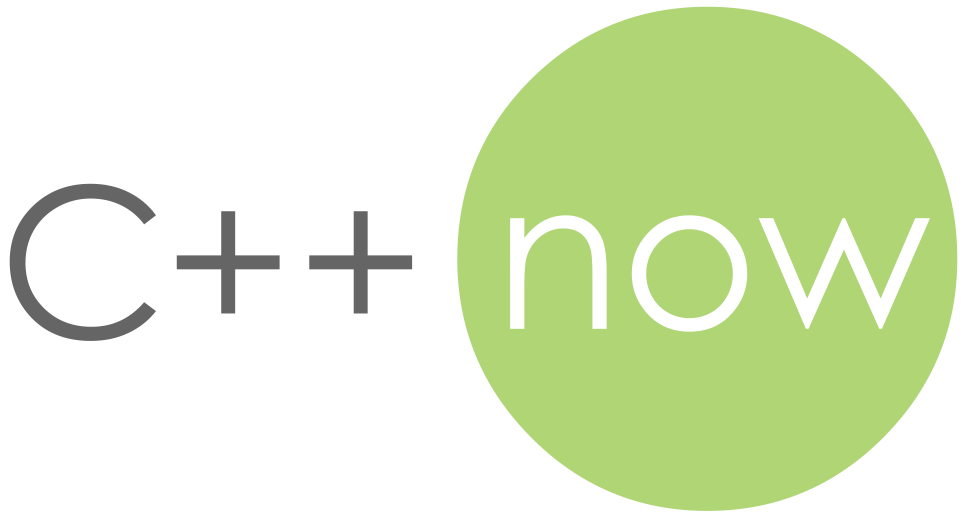Raw Pointers Are Gonna Stay!--Arne Mertz
They will stay hidden.
Raw Pointers Are Gonna Stay!
by Arne Mertz
From the article:
Contrary to Sunday’s orchestrated April Fool’s posts, raw pointers are not going anywhere. However, there are some things in those posts that are based on reality. I’ll go into a few of them today...


 Part 2!
Part 2!